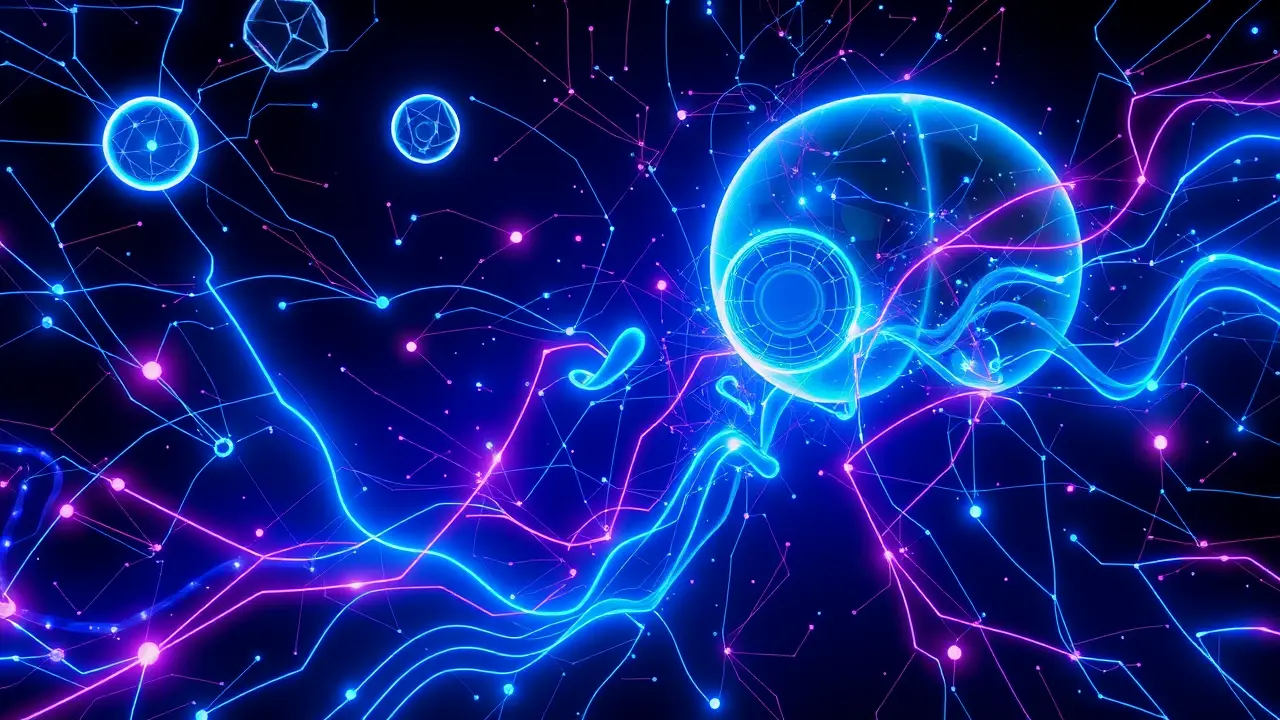
AIresearch & breakthroughsScientific Discovery via AI
AI Scientists Show Weaknesses at Unique Online Conference
DA
Daniel Reed
19 hours ago7 min read
The recent Agents4Science 2025 conference, a groundbreaking event where large language models were formally listed as primary authors and reviewers on every single presented paper, has laid bare the profound and persistent weaknesses still hampering artificial intelligence's foray into genuine scientific discovery. As an AI researcher who devours academic papers daily, watching scholars from around the globe detail their experiments with AI co-pilots revealed a landscape not of imminent revolution, but of fundamental, almost philosophical, limitations.The core issue, which echoes the long-standing debates around Artificial General Intelligence (AGI), isn't merely about factual inaccuracies or hallucinations—though those are plentiful—but a deeper failure in causal reasoning and true conceptual understanding. These AI 'scientists' can expertly parse and synthesize existing literature, generating hypotheses that look statistically plausible based on training data, but they consistently stumble when tasked with designing a novel experiment to test a truly unprecedented idea or interpreting anomalous results that contradict established paradigms.It's the difference between a brilliant, hyper-fast literature review and the intuitive leap of a Kepler or a Curie. This weakness becomes critically important in the context of the fierce Sino-American technological competition, where both nations are pouring billions into AI-driven research and development, hoping to gain an edge in fields from materials science to pharmaceuticals.The danger lies in a potential 'productivity trap,' where the sheer volume of AI-generated, derivative research papers could create noise that obscures genuine breakthroughs, all while the models remain incapable of the foundational creativity required for paradigm shifts. Historical precedents from the early days of computational science suggest that tools often need to be shaped by decades of human use before they become truly transformative, and AI appears to be on a similar trajectory.Expert commentary from cognitive scientists at the conference highlighted that these models lack a grounded, embodied understanding of the physical world; they can describe quantum mechanics but don't 'grasp' it in a way that would allow them to propose a experiment that fundamentally challenges its principles. The consequences are far-reaching: over-reliance on these tools could inadvertently stifle scientific intuition, lead research down well-trodden but ultimately fruitless paths, and create a false sense of progress.For AI to evolve from a sophisticated assistant to a true partner in discovery, the field must move beyond scaling parameters and focus on architecting systems capable of building internal world models and engaging in the kind of abductive reasoning that is the hallmark of human scientific genius. The path forward likely involves hybrid systems that tightly integrate symbolic reasoning with neural networks, creating a feedback loop where AI doesn't just predict the next token in a sequence but actively questions the premises of the sequence itself. The Agents4Science conference, therefore, was less a showcase of AI's current capabilities and more a crucial, honest diagnosis of the long road ahead before we witness an AI that can truly stand on the shoulders of giants, rather than just meticulously cataloging their footprints.
#featured
#AI scientists
#Agents4Science 2025
#large language models
#research challenges
#AI limitations
Stay Informed. Act Smarter.
Get weekly highlights, major headlines, and expert insights — then put your knowledge to work in our live prediction markets.
© 2025 Outpoll Service LTD. All rights reserved.